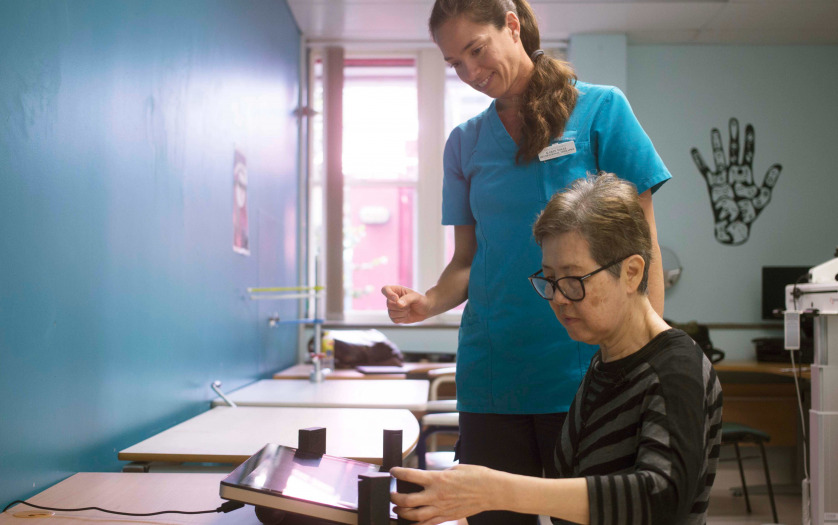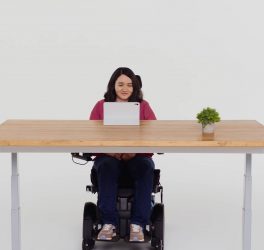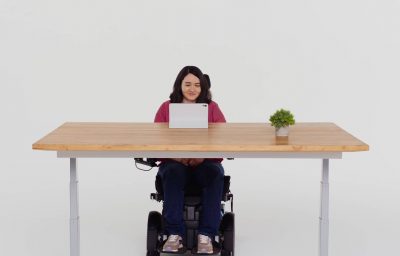
A new touch-screen therapy tool could accelerate the recovery of patients who have suffered a stroke and change the way rehabilitation is delivered in hospitals and homes.
Designed for people with acquired brain injuries, EDNA is a digital rehabilitation software that delivers therapy through a series of fun and challenging therapeutic games via a touchscreen device.
Findings from a randomised clinical trial showed stroke patients who incorporated EDNA into their treatment programs experienced an improvement two to three times greater than those who received only conventional therapy.
RMIT University lead researcher, Associate Professor Jonathan Duckworth, said the digital form of rehabilitation was intended to maintain patient engagement, improving compliance and recovery.
“We designed EDNA so that patients could be doing therapy without it feeling like therapy,” he said.
Stroke is one of the most common forms of acquired brain injury and currently affects half a million Australians. It often results in impaired hand and reach function, making it a leading cause of disability.
Early and intensive rehabilitation leads to improved functional outcomes, however only 50% of stroke patients receive adequate therapy.
EDNA features a range of therapeutic games that involve tangible and graspable tools with augmented feedback, promoting brain plasticity to regain motor, cognitive and functional ability.
The recent clinical trial, published in the Journal of NeuroEngineering and Rehabilitation, involved a specialised table-top touch screen.
A new study is now underway at Sydney’s Prince of Wales hospital using a portable version that allows for increased treatment frequency with independent therapy at home.








